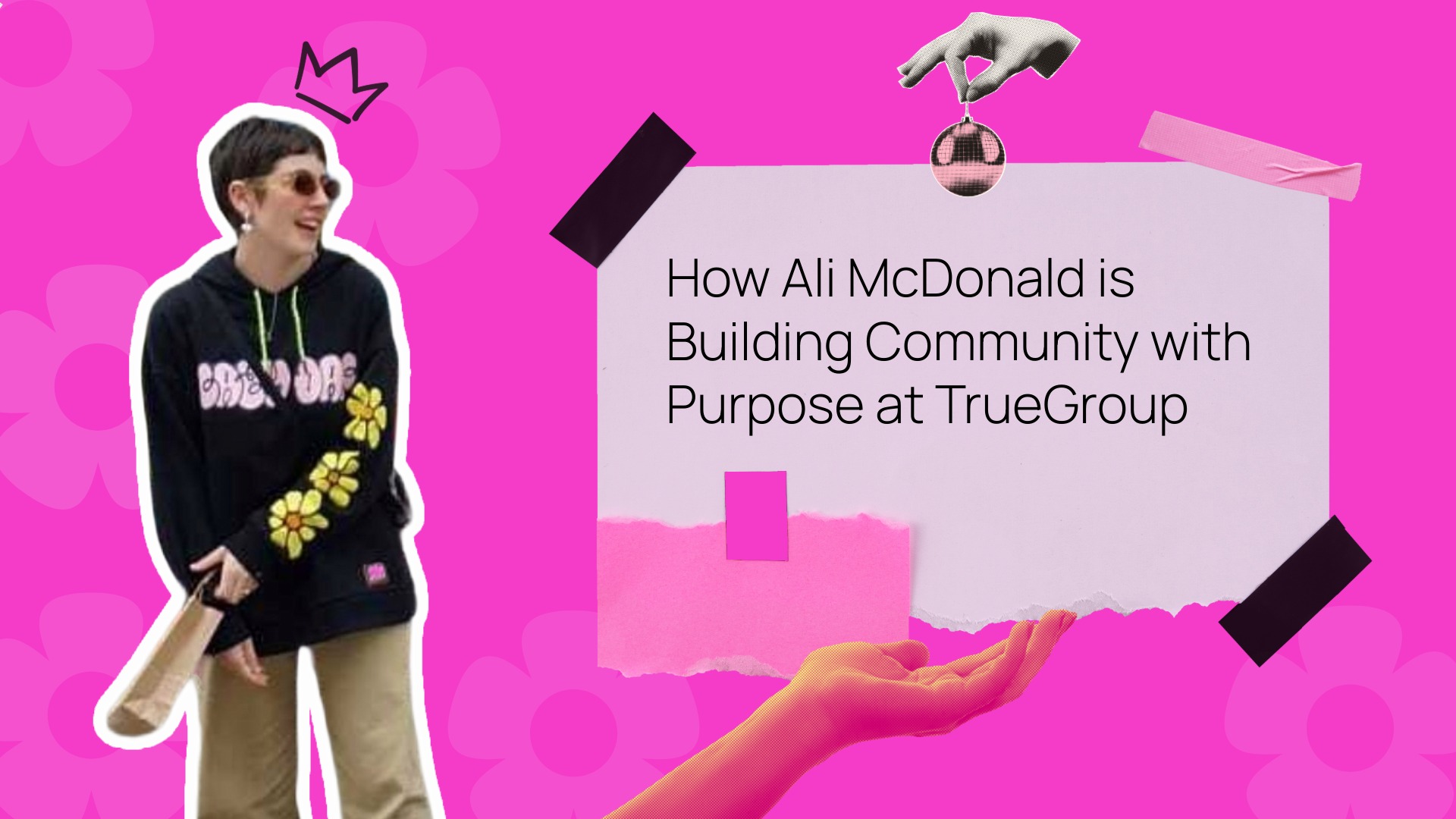I own a virtual events company - here is why physical events are better
Hosts
I own a virtual events company - here is why physical events are better
In this post, I'm going to talk about why physical events are still better than virtual ones – no matter how good the virtual experience may be. I'll also explore why the best possible events in 2023 will by Hybrid.
The Value of Physical Events
You can’t replace human interaction. Sorry Zuckerberg, maybe that will change one day, but if one thing came out of the lockdown and the launch of our own virtual events platform: it was the clear message that physical interaction is a unique and fantastic thing. From a hug to a high five you chat on a more personal level than you ever could online. Physical events also extend beyond the bounds of the actual event. After the conference is over, people often retire to the nearest bar or restaurant to continue talking business. This is a prime opportunity for networking and making deals. And let’s not forget about the amazing experiences that physical events can provide. From skiing in the Alps to diving in the Caribbean, there is no shortage of amazing event locations to choose from.
That’s not to say that online events don’t have value – they absolutely do. But lets start with the understanding that they can't replicate the human experience.
Key event outputs
So why on earth do we continue to run an online event platform at TrueGroup? Because Hybrid. For most events, and I am generalising, there are two core reasons for attending: content and communication.
For content, picture the clamour of a huge exhibition room filled with stands and stages with talks in every corner, a whirlwind assault on the senses.
For communication think of the lunch break, the coffee stand and those after conference dinners where you can get into it, make new connections and catch up with industry friends.
We have established that you can't replicate human communication online but for the content, I would go so far as to say you would be crazy not to make the content available online. Ideally content streams will enable live and on-demand access and to understand how powerful that is consider these scenarios:
- For a big conference maybe you can't make it to all of the talks, you want to prioritise meeting someone new or just need a break for some caffeine!
- Or perhaps you see a key speaker or talk advertised that would you really like to watch but don't have the budget or time to fly around the world to be there in person.
Enter: online access. We are so used to content on demand that events who embrace the same can deliver real benefit to attendees and in our experience see a 400% attendance increase through additional 'online-only' tickets sales.
So why not just go fully virtual?
Well in some limited cases you certainly can, most powerful of course is that online only is much cheaper. However, in our experience over the past 3 years we have seen that clients who swap to an 'online-only' model get far less engagement. As soon as the attendee feels this is just a zoom meeting it looses the draw and energy of that on-stage talk. If you run talks like continued professional development (CPD) in the medical sector and similar, online only could make sense, the flexibility to access it whenever suits their schedule and the clear reason for engaging with the talk mean it can work well.
But for most people the perfect model is to really go for it on the real event experience and then beam that all around the world by plugging it in to an online access portal and/or app.
Conclusion
So there you have it! If you're looking for a truly immersive and unforgettable experience, there's no substitute for a physical event. But if you want to reach a wider audience and save some money, an online event is the way to go. And if you want the best of both worlds, there's always phygital events!

.png)
.png)

.png)
.png)



